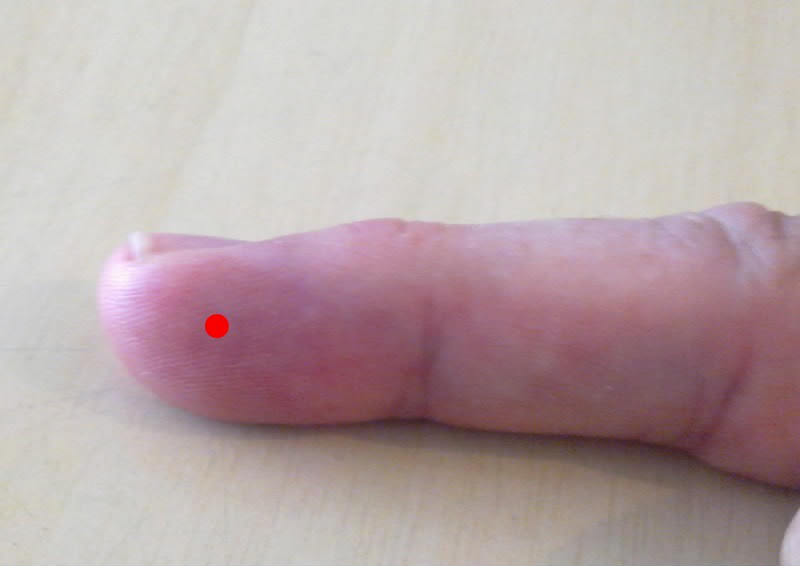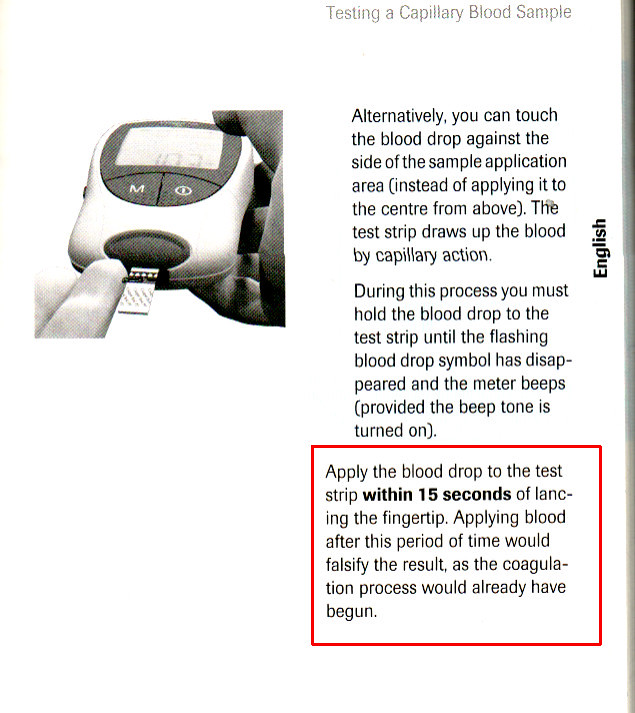Warfarinking
Well-known member
I'm 26 and had open heart surgery at the age of 21. I had my aortic valve replaced with a mechanical valve and I'm now on Warfarin (coumadin). I see my doctor 1-2 times a month, depending on how stable I am and my inr range is between 2.5 - 3.5. I've been fairly stable throughout my time but not drinking has gotten to a point were I feel it's getting involved with my social life. I go out roughly twice a week to bars and clubs or sometimes just to hangout and I'm always the odd person out. I'm the dude who can't drink then I'm always being questioned about it and it turns into this huge deal and in the end, It's me sitting there with a cup of water while everyone else is playing drinking games and having a good time.
Yeah, I probably let this get to me more than I should but I feel like I've been asking this question since day 1 and no one has really given be a straight answer. Some say you can drink, others say no and some say to be consistent (now I have to drink all the time because I drank once or twice in a week?).
My question is, can I drink or not? how much can I drink? and is there a difference in drinking a beer vs taking a shot (does beer affect inr more than a shot would?).
I have girls asking me to drink and I'm tired of just sitting there with a cup of water. I'm not saying I want to get super drunk, I just want to be able to drink a beer or two once a week without worrying about bleeding through my eyes.
Thank you.
Yeah, I probably let this get to me more than I should but I feel like I've been asking this question since day 1 and no one has really given be a straight answer. Some say you can drink, others say no and some say to be consistent (now I have to drink all the time because I drank once or twice in a week?).
My question is, can I drink or not? how much can I drink? and is there a difference in drinking a beer vs taking a shot (does beer affect inr more than a shot would?).
I have girls asking me to drink and I'm tired of just sitting there with a cup of water. I'm not saying I want to get super drunk, I just want to be able to drink a beer or two once a week without worrying about bleeding through my eyes.
Thank you.

























